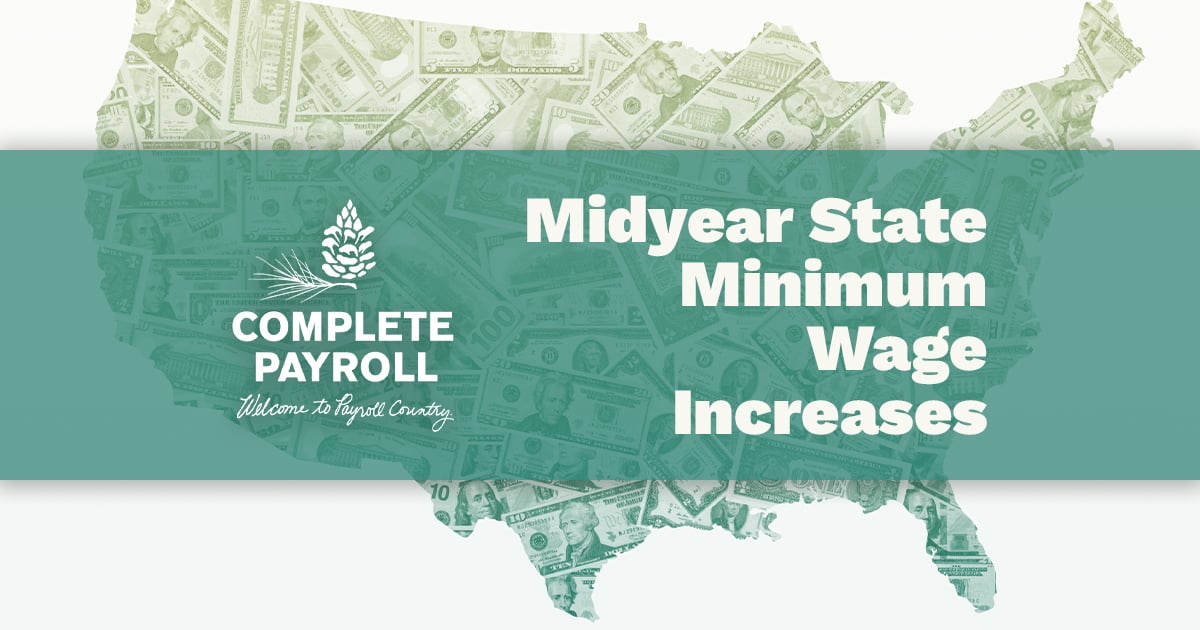NYS WARN Act
Overview of Law
New York requires that employers provide 90 days written notice to affected employees and their representatives, the New York State Department of Labor, and the Local Workforce Investment Board before certain workforce reductions. The notice requirement applies to employers with 50 or more full-time workers in New York State in the following situations:
- Closings affecting 25 or more workers
- Mass layoffs involving 25 or more full-time workers if they comprise at least 33% of all workers at the site
- Mass layoffs involving 250 or more full-time workers
- More than a 50% reduction of work hours each month during any six-month period
- Relocations (i.e., the removal of all or substantially all operations to another location 50 miles or more away)
The notice must contain the same information as the federal Worker Adjustment and Retraining Notification Act (see recommended content).
The following exemptions may extend the deadline:
- A natural disaster
- The employer is seeking capital or business that would eliminate the need for the layoff
- Layoffs because of a strike or lockout
- The layoff was not reasonably foreseeable when notice would have been required
- The layoff is because a particular project was completed and the employees understood their employment was for a limited duration
If the employer does not meet the deadline, they should provide as much notice as practical and explain in the notice why they did not meet the deadline.
Federal law has specific requirements regarding mass layoffs and reductions in force. For additional information, see the Worker Adjustment and Retraining Notification Act (WARN) Laws page here.
Got a labor law question?
For employers only, we'll put you in touch with a member of our team to answer any employment or labor law questions you may have.
General Disclaimer
The materials and information available at this website and included in this blog are for informational purposes only, are not intended for the purpose of providing legal advice, and may not be relied upon as legal advice. The employees of Complete Payroll are not

















